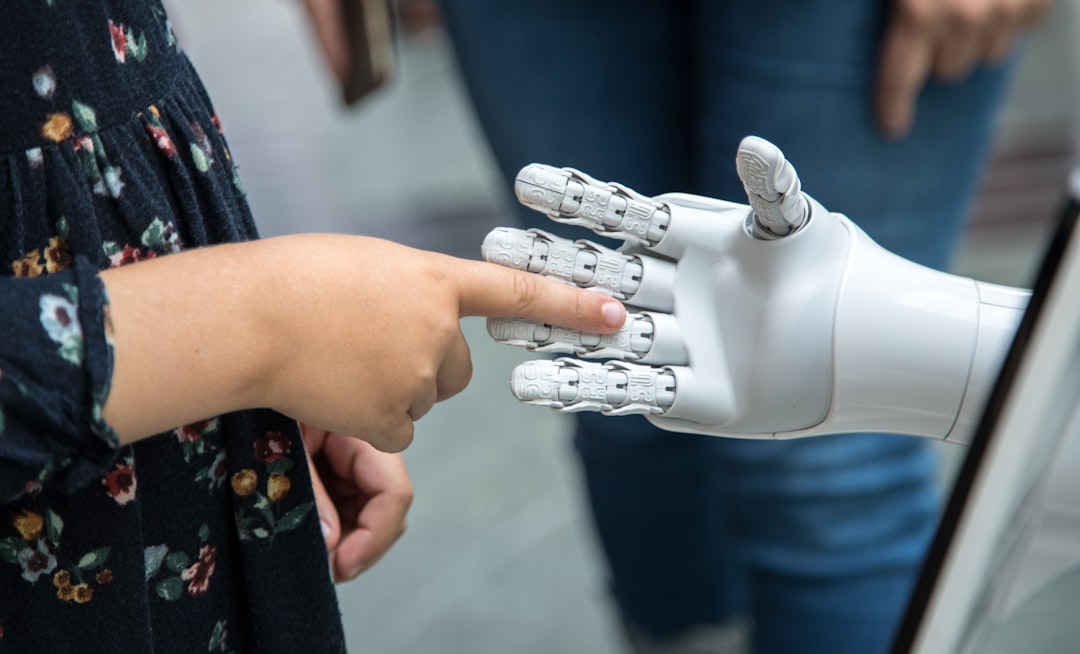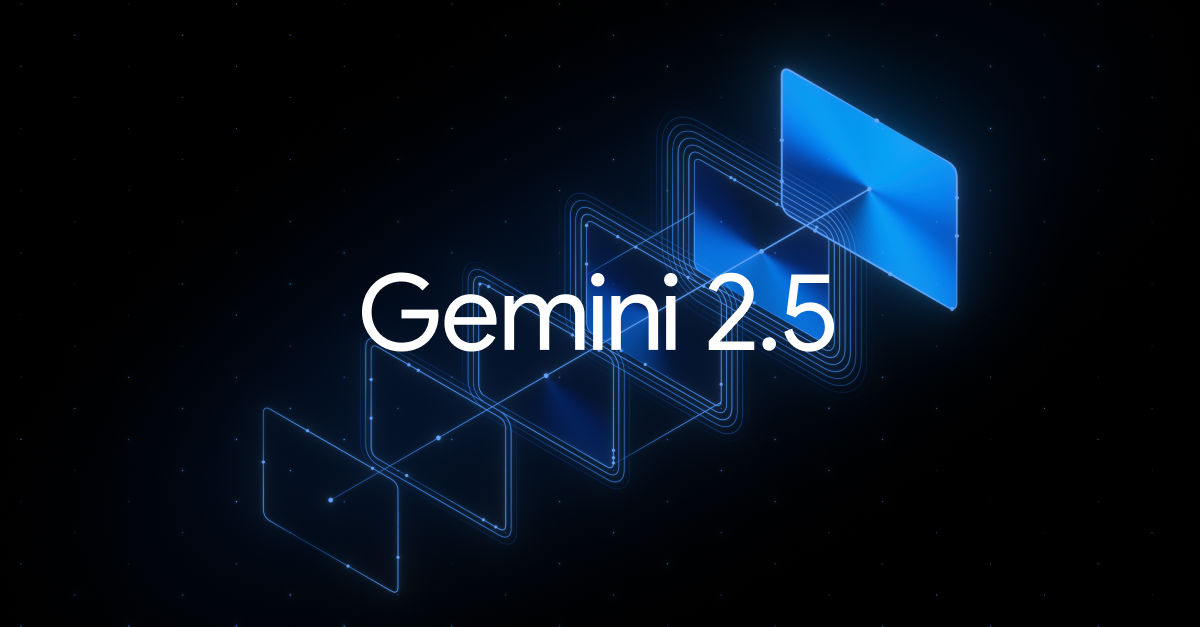We’re Living Through the Most Misunderstood Paradox in Tech
Everyone is saying the same thing:
“AI agents will write all the code.”
“Software engineering is dead.”
“Soon we’ll just describe what we want and—poof—it appears.”
They’re half-right, and completely wrong about what happens next.
Let’s look at what actually happened the last time humanity invented machines that could produce something at 100× scale.
The Forgotten Lesson of 1800–1950
In 1750 a skilled hand-loom weaver in Britain produced ~4 yards of cotton cloth per 14-hour day.
By 1850, after the spinning jenny, water frame, mule, and power loom, one worker oversaw machines producing 400+ yards—100× more.
Output exploded.
What happened to demand?
It didn’t stay flat.
It didn’t grow linearly.
It detonated.
Cloth became so cheap that ordinary families owned dozens of shirts instead of two. Fashion was born. Ready-to-wear exploded. New categories appeared that no one had imagined: curtains, upholstery, seasonal wardrobes, fast-changing trends.
By 1900 global textile consumption …















